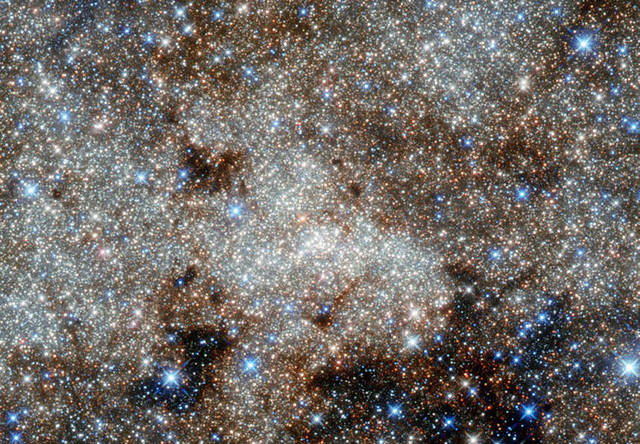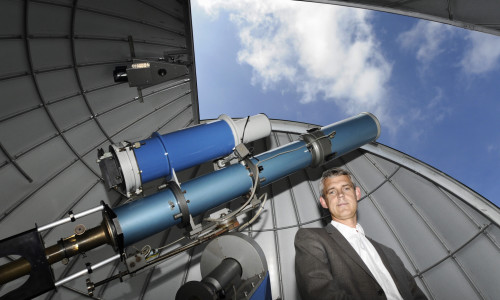Amount of trash in space is terribly dangerous
-
 Foto: ruimtetelescoop NASA
Foto: ruimtetelescoop NASA
Around earth, hundreds of dangerous old satellites and other space trash float in a state-free no man's land. Law student Anne Klein Entink (28) wrote her thesis about it, which resulted in an invitation at the European space organisation ESA.
When she wrote her thesis, law student Anne Klein Entink specialised in space law, a mostly untouched topic in the field of Law. Where earth and the sea mostly are divided between countries, space belongs to the international community, without territorial separation. In the meantime, life-threatening old satellites and debris float in an orbit around the earth.
Sputnik
Since the launch of Sputnik I (the first ever satellite) in 1957, hundreds of satellites have been launched and they stay in space forever. The same goes for rocket stairs or material that has been lost during space missions, Klein Entink explains. ‘Everything that floats around earth and is not used anymore, is called space trash. It’s so dangerous that some scientists think earth can become an isolated planet, because it will become to dangerous to get through all the debris. It is possible that a domino effect emerges, when two big satellites crash into each other and break into pieces, and those pieces will crash into other pieces.’
In the meantime, 150 million pieces of space trash from at least 1 millimeter float through space. A one-centimeter piece of space trash seems harmless, until you remember that it floats around the earth at a speed of 29.000 kilometers an hour. On top of that, it is not unthinkable that space trash crashes down on earth. This has happened before. This makes it an urgent problem, because the whole world keeps on launching.
Cold war
Still, space law is a relatively small field within science, and there are only non-binding international guidelines. Klein Entink: ‘The only treaties that are binding, were agreed upon around the time Sputnik was launched. That was the time of the Cold War, so those treaties are mostly meant to prevent a space war between states.’
According to Klein Entink, states are slowly realising this is a problem. During her internship at European space organisation ESA, the self-acclaimed ‘nerd’ noticed that space law is followed with interest. ‘You can see that states are trying to send satellites higher into space, or that they even try to get space trash back on earth. That is necessary, because the problem won’t be manageable much longer.’
This article appeared earlier in De Gelderlander


NRF schreef op 13 november 2017 om 20:51
Quite the interesting subject, but the translation from Dutch is clumsily done, as expected. You should hire someone who has the time or the ability to translate your articles correctly and professionally.